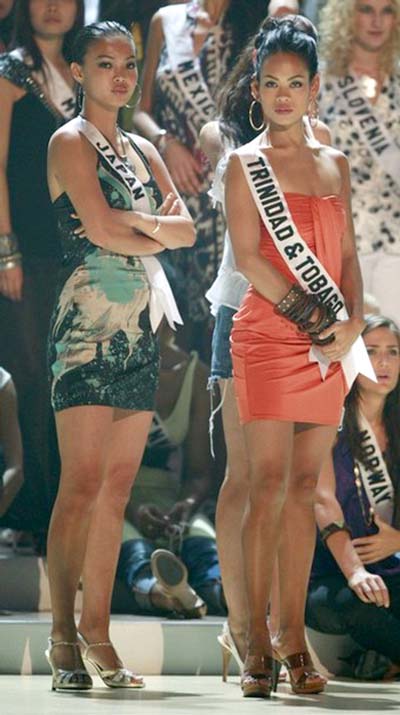When Apple and AT&T started offering the iPhone for $199, plus $30 a month for Internet access, sales shot up, even though the previous deal -- $399 for the phone and $20 a month -- cost less over a two-year contract.
"The whole pricing thing is weird," said Barry Nalebuff, an economics professor at the Yale School of Management. "You pay $60 to make your first phone call. Your next 1,000 minutes are free. Then the minute after that costs 35 cents."
To economists, it simply doesn't make sense to make chatterboxes pay that penalty. After all, most businesses tend to give discounts to customers who buy more.
It would be easy to see the cellphone companies simply as avaricious oligopolists trying to gouge consumers for every penny they can. And in some senses they are aiming to maximize revenue, at least as much as the market will let them.
But understanding the psychological nuances of how a price plan affects customers' behavior is at least as important to running a cellphone company today as knowing how radio waves spread over a city. Those high charges for going over your allotted minutes, for example, are designed to cause you enough pain that you will switch to a plan with a higher regular fee.
"You give people a really good bargain on this bucket of minutes," explained Roger Entner, a senior vice president for telecommunications research at Nielsen. "People are risk averse, so you have a relatively high overage charge, which gets people to overbuy. You also get really predictable revenue out of it, which Wall Street loves."
There is nothing obvious or necessary about this approach to pricing. In many parts of the world, you simply buy a phone from a store, then buy a card that entitles you to talk for a set number of minutes. Use up the card and buy more minutes. No contracts. No surprising charges. No confused economists.
But for all the complexity, cellphones American-style do have a certain supersized logic. Americans spend more money each month on their wireless bills than people in any other country. But the money we spend buys a whole lot more talk time and text messages than it does elsewhere. On average, we effectively spend about 5 cents per minute of talk time and about a penny a text message, lower than anywhere else in the developed world.
This year, the deals are becoming even better. For people who want to surf the Web on their phones, wireless companies are willing to sell them iPhones, BlackBerrys and other sleek gadgets for hundreds of dollars less than they cost. The catch, of course, is that customers need to pay $30 or so extra each month for Internet access. For those who just want to talk and text without a fancy phone, there is hot competition to offer lower- price, unlimited phone plans that don't require contracts.
In 2004, Cingular Wireless (now AT&T) introduced what it called rollover minutes, with plans that allow unused minutes of talk time to be used in the following months.
An economist would see Cingular's move as a price cut. After all, why buy a big plan as a cushion against what might be an occasional month of high use when you can accumulate your minutes from low-use months? In fact, it worked the other way around, encouraging people to buy larger plans. It turned out that people were happy to buy extra minutes if they knew they could keep them, rather than having them expire.
MORE recently, the carriers have confronted another problem: People are talking less on their mobile phones, and texting instead. In the first half of this year, the average wireless customer sent 518 texts a month and made 220 phone calls, according to CTIA figures. (That average, of course, is driven up by the furious texting of teenagers.)
Is There a Method in Cellphone Madness ?
SAUL HANSELL
Published: November 14, 2009
